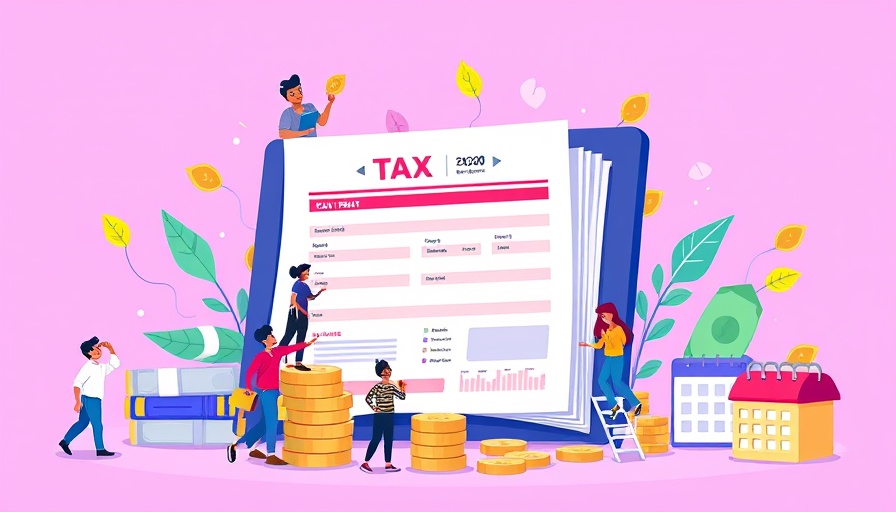
Understanding the Importance of Gross Receipts Tests for Small Businesses
As a small business owner or a financial professional, it's crucial to stay informed about the nuances of tax laws, particularly the gross receipts tests that can significantly impact your operations and financial strategies. These tests are not merely bureaucratic hurdles; they determine eligibility for various valuable tax breaks that can enhance your business's financial health.
The Basics of Gross Receipts and Its Implications
Gross receipts refer to the total revenue received by a business during a given annual accounting period, excluding any costs or expenses. This definition is vital because many tax provisions hinge on whether your business meets specific gross receipts thresholds. For instance, understanding the basic gross receipts test, where businesses with average annual gross receipts not exceeding $5 million can benefit from an assortment of tax breaks, is foundational. This basic test allows access to the cash method of accounting and other advantageous rules designed to simplify tax compliance and maximize deductions.
Exploring Key Tax Benefits
Meeting gross receipts thresholds provides small business owners with several potential advantages:
- Cash Method of Accounting: Most small businesses can choose the simpler cash method instead of the accrual method, easing their reporting burdens.
- Inventory Deductions: Instead of complicated inventory tracking, eligible businesses can treat acquired items merely as deductible supplies.
- Bad Debt Deductions: For certain businesses, the nonaccrual-experience (NAE) method allows you to exclude income you don’t expect to collect, further simplifying accounting.
The Need for Awareness and Strategic Planning
For business lenders, banks, and brokers, understanding these gross receipts tests is essential. Not only do they affect business viability, but they also inform lending decisions. By advising your clients on how gross receipts affect their tax obligations and benefits, you position yourself as a valuable resource in their financial journey.
The Future of Tax Navigations for Small Businesses
As tax laws continue to evolve, particularly in a post-pandemic world, staying updated on changes in gross receipts qualifications will be paramount for small businesses looking to leverage every possible advantage. For example, the One Big Beautiful Bill Act introduces new possibilities for businesses, including retroactive tax refunds for R&D costs under certain conditions, asserting that informed business strategies are essential.
So whether you're a small business owner, a lender, or a financial adviser, understanding and navigating these gross receipts tests can empower effective decision-making and enhance business resilience.
 Add Row
Add Row  Add
Add 




Write A Comment